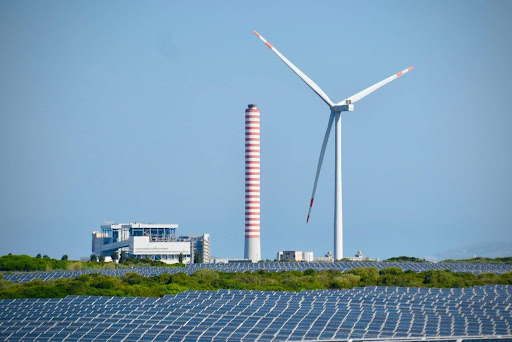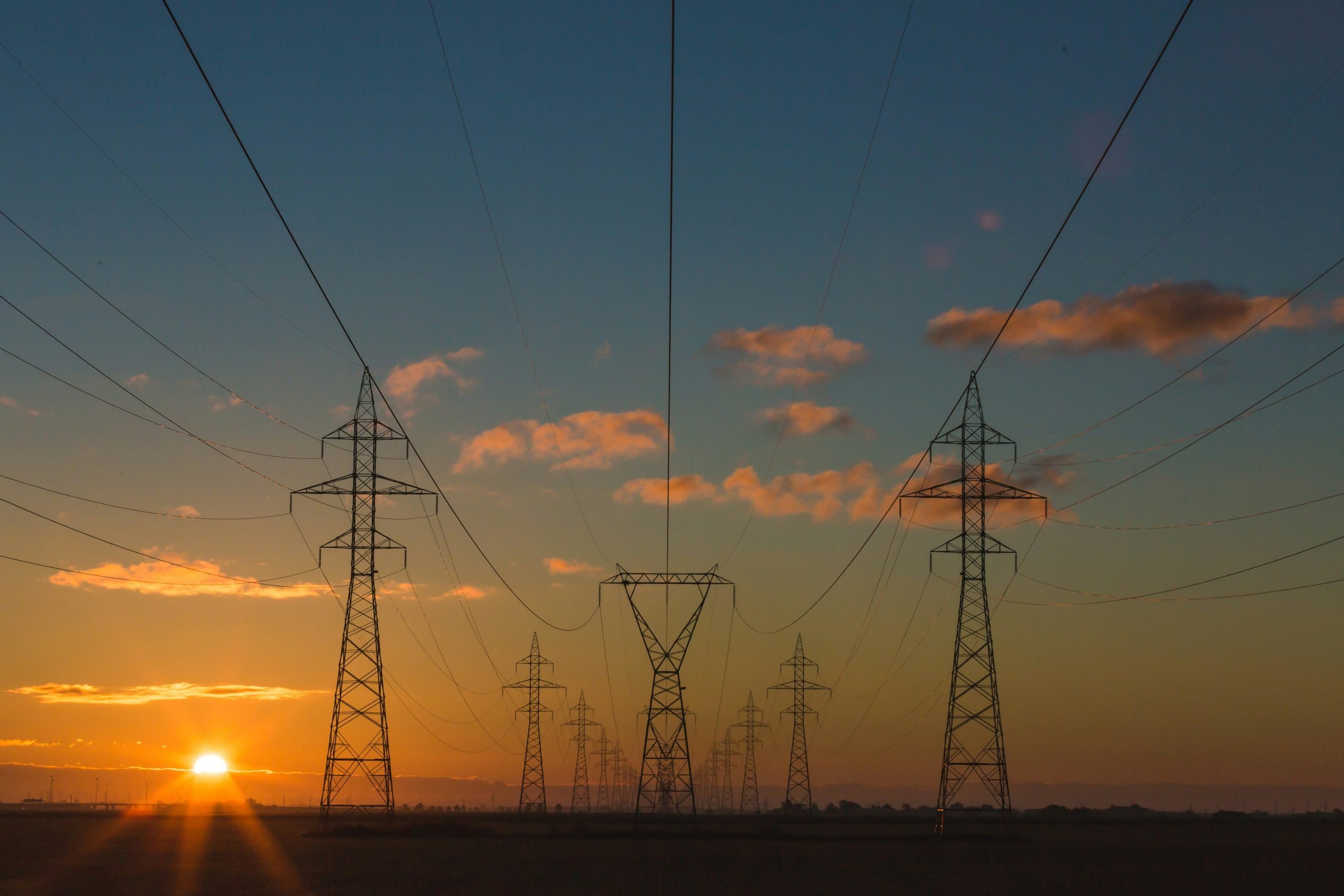
Taking a closer look at the market factors that affect what businesses and homeowners pay for their energy supply.
Wholesale energy prices are determined by a complex set of factors that can influence supply and demand for electricity and other forms of energy. Some of the key factors that affect wholesale energy prices include fuel prices, weather patterns, changes in government policy, and market conditions. In this article, we will discuss each of these factors in more detail.
Fuel prices
One of the biggest factors that affects wholesale energy prices is the cost of fuel used to generate electricity. The most common fuels used to generate electricity are natural gas, coal, and oil. When the price of these fuels goes up, it becomes more expensive to generate electricity, which can drive up the wholesale price of energy. Conversely, when fuel prices fall, it can lead to lower wholesale energy prices.
Weather patterns
Weather patterns can also have a significant impact on wholesale energy prices. In areas where the weather is particularly hot or cold, there may be an increased demand for electricity to power air conditioning or heating systems. In addition, extreme weather events such as hurricanes, floods, or wildfires can disrupt energy infrastructure and cause supply shortages, which can drive up wholesale energy prices.
Government policy
Changes in government policy can also have a significant impact on wholesale energy prices. For example, government incentives for renewable energy sources such as wind and solar can increase the supply of renewable energy, which can drive down wholesale energy prices. In addition, government regulations such as emissions standards can increase the cost of producing electricity, which can lead to higher wholesale energy prices.
Market conditions
The state of the energy market can also influence wholesale energy prices. In a market with high levels of competition, there may be more pressure on suppliers to keep prices low. Conversely, in a market with few suppliers, the lack of competition can lead to higher wholesale energy prices.
Seasonal demand
Seasonal changes can also impact wholesale energy prices. For example, during the winter months, there may be an increased demand for natural gas and heating oil, which can drive up wholesale energy prices. Conversely, during the summer months, there may be an increased demand for electricity to power air conditioning systems, which can also lead to higher wholesale energy prices.
Technological advancements
Advances in technology can also impact wholesale energy prices. For example, the development of more efficient solar panels or wind turbines can increase the supply of renewable energy, which can lower wholesale energy prices. In addition, new technologies for extracting and processing fossil fuels can increase the supply of these fuels, which can also lead to lower wholesale energy prices.
Transportation costs
The cost of transporting energy can also impact wholesale energy prices. For example, if there are bottlenecks in the transportation system, it can lead to supply shortages and higher prices. In addition, if the cost of transporting energy increases due to factors such as rising fuel prices or labor costs, it can also lead to higher wholesale energy prices.
In conclusion, wholesale energy prices are influenced by a complex set of factors, including fuel prices, weather patterns, government policy, market conditions, seasonal demand, technological advancements, and transportation costs.
Understanding these factors can help energy suppliers and consumers anticipate changes in energy prices and make informed decisions about buying and selling energy. For energy intensive organisations, it is always advisable to work with an expert consultant or energy broker in order to ensure that their business energy procurement is tailored to their requirements.






